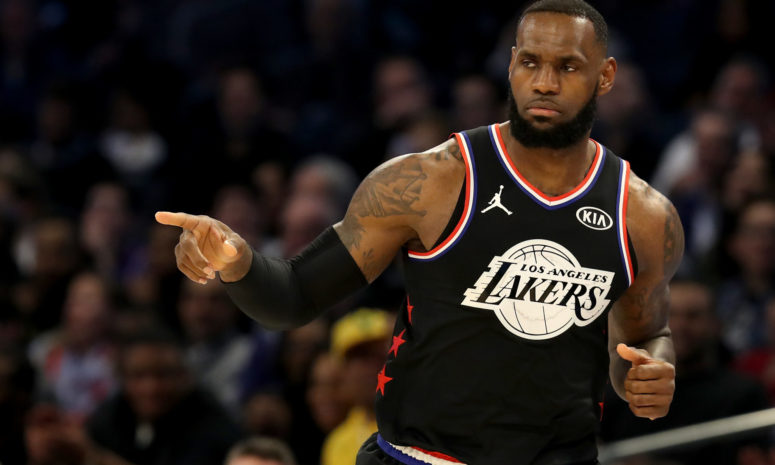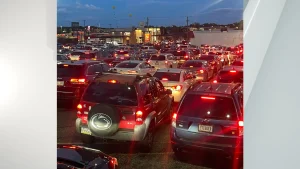The Uncertainty of the 2021 NBA All-Star Game
LeBron James at the 2019 All-Star game.
February 11, 2021
The NBA had an interesting 2019-20 season, to say the least. With the COVID-19 pandemic first occurring during the middle of their season, the NBA had to cancel, postpone, and eventually reschedule games to the middle of July, later than the usual June ending date. The NBA Finals finished in the middle of October, and the short offseason began.
Going into 2021, many players across the league addressed their concern with a shorter offseason and if players would even be physically able to perform during games. The NBA would ultimately start the 2020-21 season on Dec. 22, just two months after the closing of the 2020 season (NBA.com). In addition, the league said that there would not be an All-Star game.
Now two months into the 2020-21 season, the NBA have not faced any major COVID-19 outbreaks or concerns.
As a result, the NBA decided to go back on their earlier decisions and hold an All-Star game, which will be held on March 7 (WashingtonPost.com).
While many fans were ecstatic at the news, many players voiced that they weren’t.
LeBron James stated that it felt like a “slap in the face” to hold an exhibition during the pandemic (WashingtonPost.com). Giannis Antetokounmpo and James Harden stated that they would rather spend time with family then participate in the All-Star game. Kawhi Leonard mentioned that the NBA was “putting money over health” citing the players’ COVID-19 concerns (WashingtonPost.com).
With these players and more of the leagues’ stars voicing that they would be against an All-Star game, it has become uncertain whether league commissioner Adam Silver will keep the All-Star game on as planned.






